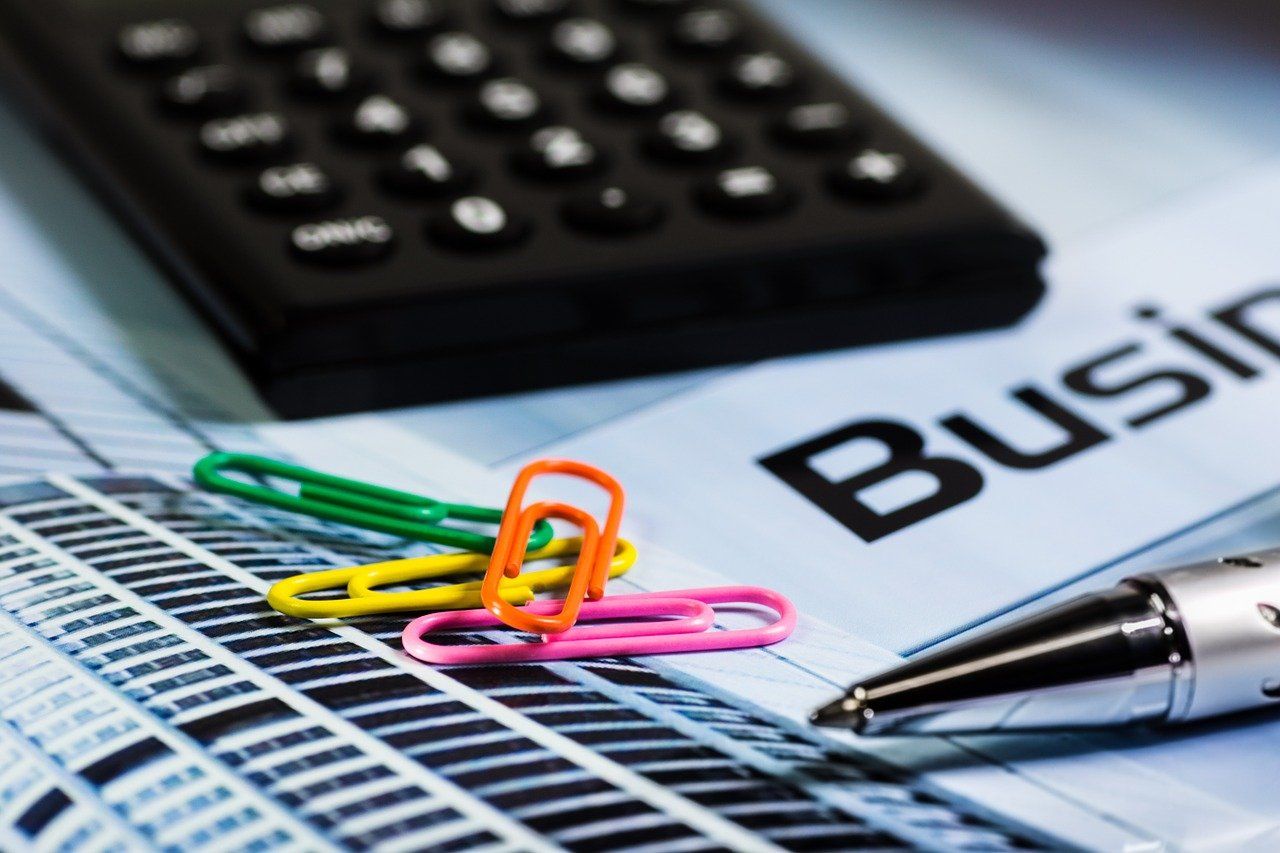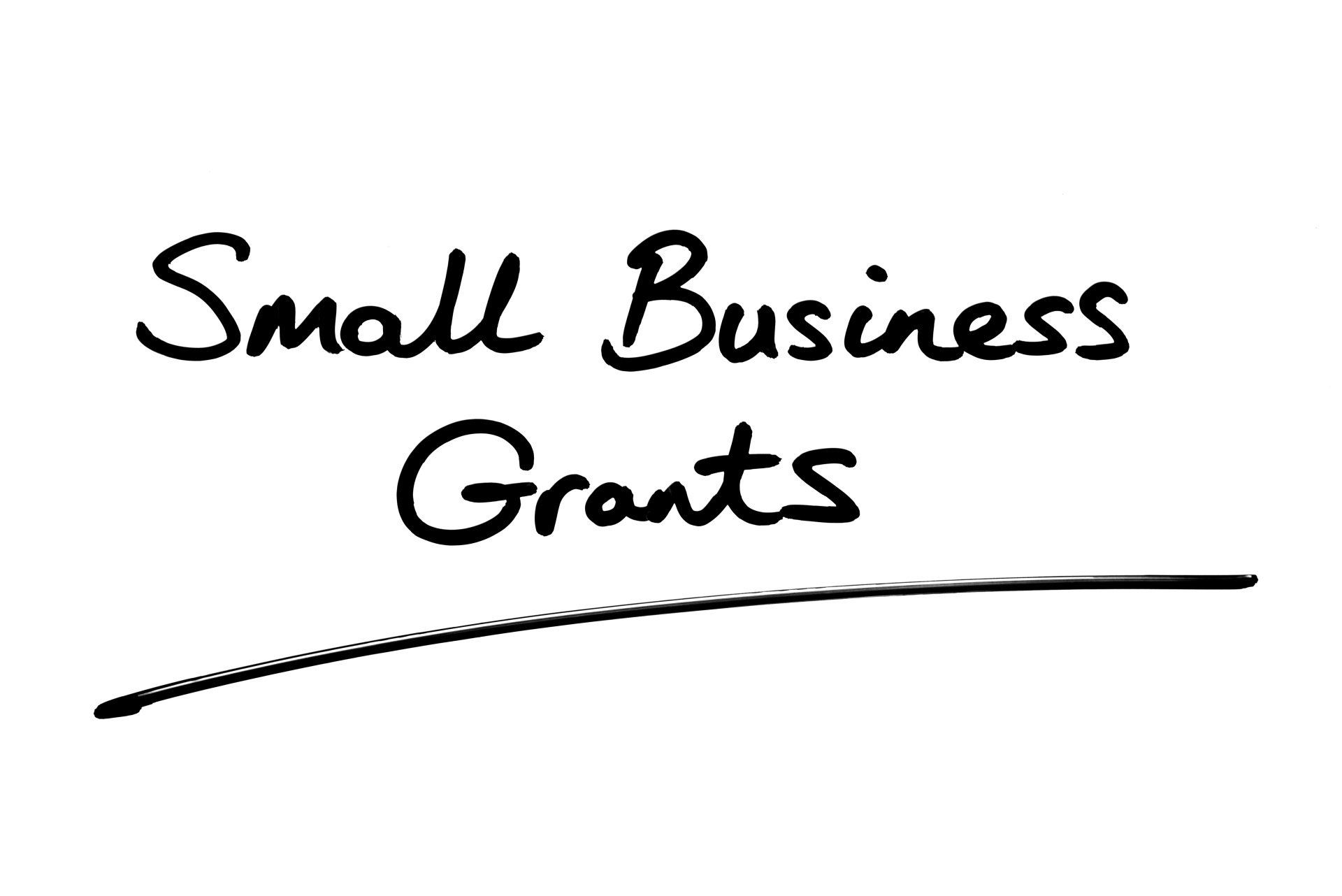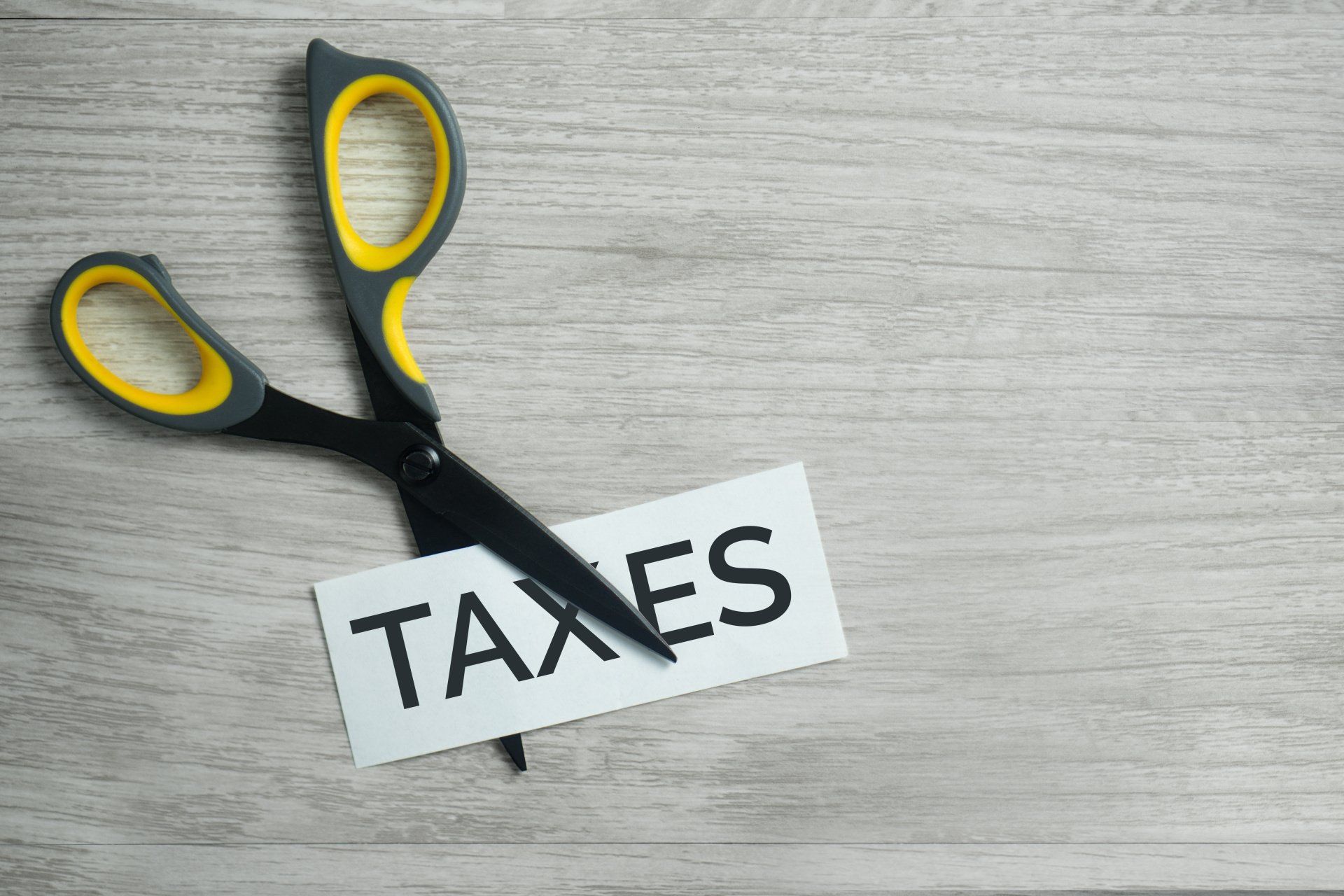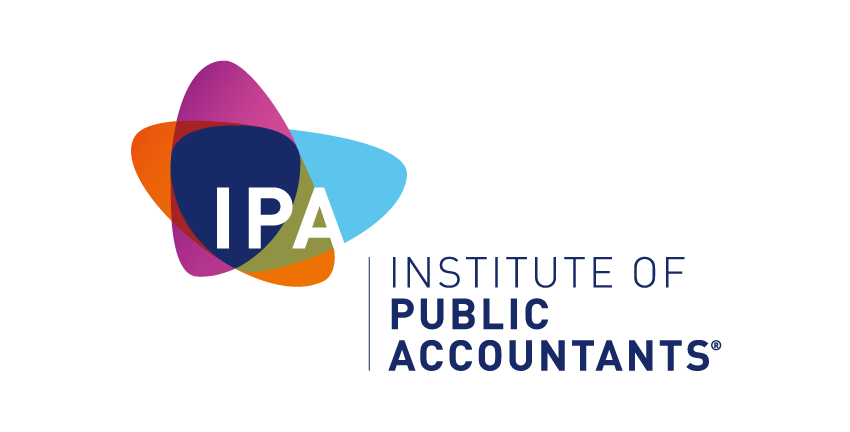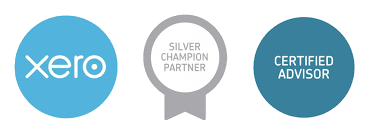When to register for GST and how does GST work and affect operations.
What is GST?
How do I calculate GST on a good or service?
GST stands for goods and services tax. It is a 10% tax added to the cost of most goods, services and other items sold or consumed in Australia.
GST is generally excluded from the sale of basic food (unprocessed food such as fresh meat, fruit & vegetables), some education courses and some medical, health & care products.
Who must register for GST?
If you are in business, the threshold for registration for GST is $75,000 or more. ($150,000 or more for non-profit organisations)
Once your turnover reaches this threshold you must register.
Turnover is your business’s gross income/sales, not your business’s profit.
If you haven’t registered for GST and become aware that your GST turnover will exceed the $75,000 per year threshold, you will have to register for GST within 21 days.
How do I register for GST?
You must complete an application to register for GST.
You need an ABN to be part of the GST system. Your ABN will also be your GST registration number.
You can register:
- online via the Australian Taxation Office (ATO)’s Business Portal
- by calling 13 28 66
- through your registered tax or BAS agent.
To calculate the GST, you simply add an additional 10% on top of your service/sale price.
E.g. You operate an electrical business, your hourly rate is $60/hour. You would charge an additional 10% on top of the $60/hr, therefore making the grossed up sale value to be $66/hr.
Or, you can simply just multiply your costs before GST, by 1.1, to give you the total amount to invoice inclusive of GST.
However reverse GST calculations are quite tricky.
To figure out how much GST was included in the price you have to divide the price by 11. ($110/11=$10)
To work out the price without GST by dividing the amount by 1.1 ($110/1.1=$100)
How does the GST system work?
Once you have registered for the GST system, you will need to determine:
- If your sales include GST or are GST Free
- Issue tax invoices for your taxable sales
- Claim GST credits for any business purchases that include GST
- Report GST on either a Cash (as you pay) or accrual basis (invoiced but not yet received or paid)
- Prepare and lodge your Business Activity Statements each quarter, by the due dates to avoid penalties
Once registered for GST and in possession of an ABN, it is necessary to complete GST returns, which are included in the Business Activity Statement (BAS).
Business activity statements, are automatically sent to businesses or their tax agents 2 weeks prior to the month or quarter ending. The BAS’s are usually due by the 28th of the following month after end of the quarter, with the exception of the December BAS which is due the 28th of February.
Options for Reporting & Paying GST?
Returns are completed quarterly or monthly. Most businesses report and pay their GST quarterly, however monthly returns are compulsory for bodies with a turnover in excess of $20 million.
Simpler BAS is the default reporting method for small businesses with a GST turnover of less than $10 million:
What to report
On your monthly or quarterly BAS, or your annual GST return, you must report the following GST information:
G1 Total sales
1A GST on sales
1B GST on purchases.
Full reporting method ($10 million or more)
If your GST turnover is $10 million or more, you must report using the full reporting method.
What to report
On your monthly or quarterly BAS, you must report the following GST information:
G1 Total sales
G2 Export sales
G3 Other GST-free sales
G10 Capital purchases
G11 Non-capital purchases
1A GST on sales
1B GST on purchases.
You remain on full reporting while your GST turnover is $10 million or more.
For more personalised advice you can contact ND Accounting on 4272 3048 or book a free 30 minute consultation online here.


